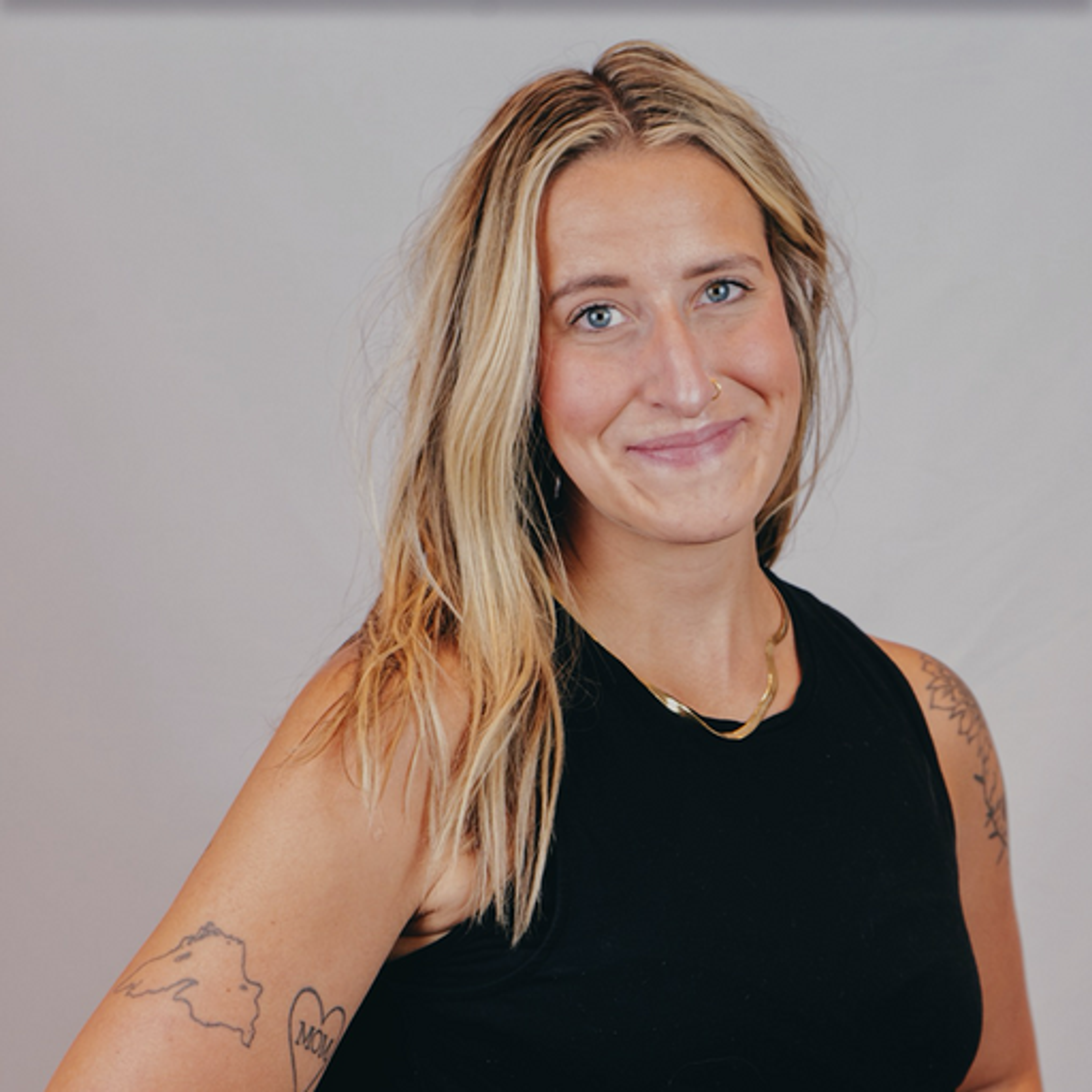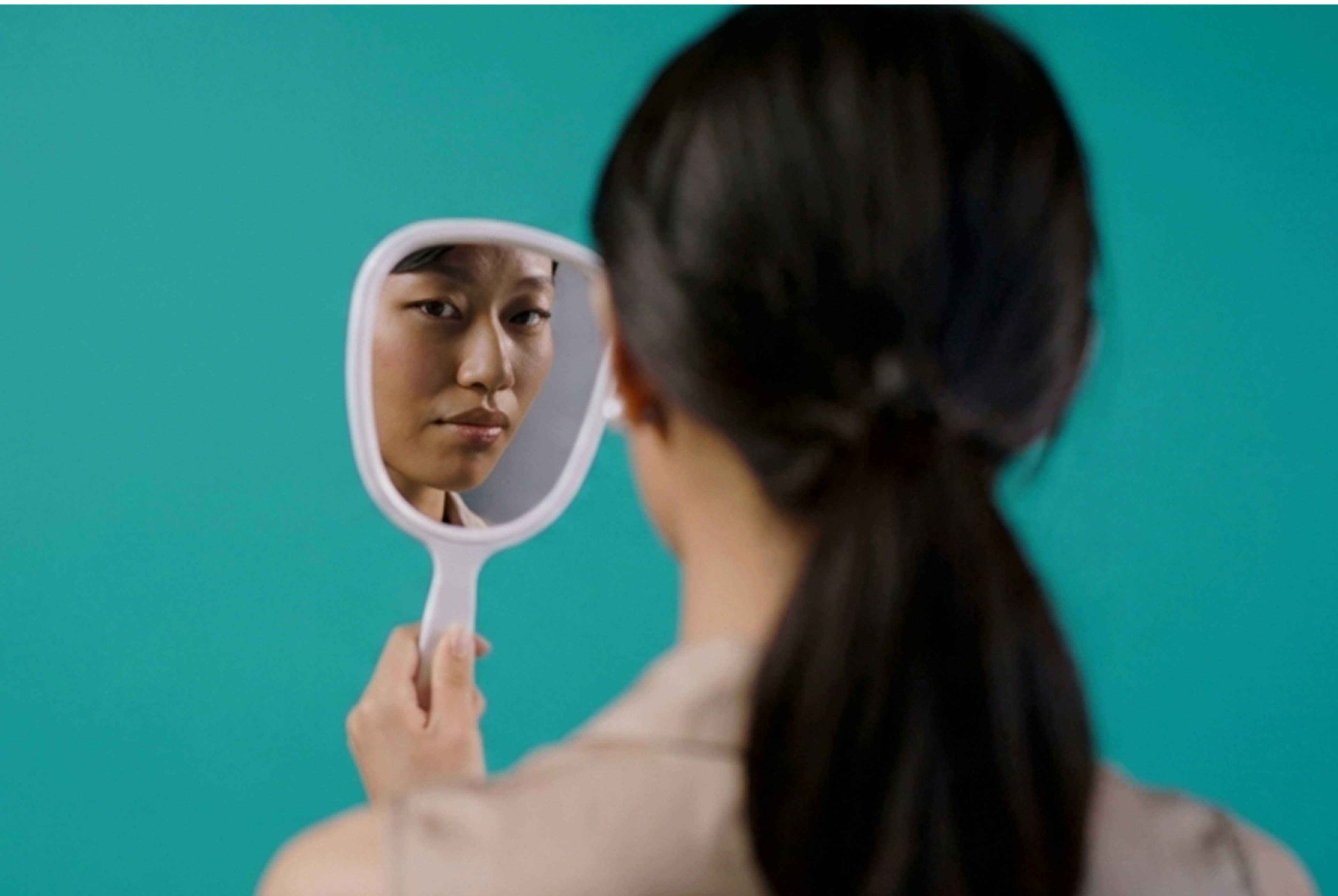


When Equip therapist Hannah Bishop, LPC, hears people say they don’t feel they need treatment for their eating disorders, she understands their hesitation. Before Bishop embarked on a career in therapy, she was also struggling with her own eating disorder—and she wasn’t sure she wanted or needed support.
“As someone who is very independent and struggles with asking for help, I thought that I could figure things out on my own and be okay.” Bishop says.
Now on the other side of recovery, Bishop not only sees the immense value in receiving comprehensive treatment for an eating disorder, but also in the willingness to fully commit to the process. “I am a firm believer that having grit and determination, in addition to support, is what creates a lasting recovery,” she says. “I wouldn't have been able to be in recovery without my support system, and this looks different for everybody.”
Struggling with an eating disorder is often an isolating experience, and many people are tempted to just “power through” their illness with enough self-discipline. Often referred to as “white knuckling,” this process of fighting through a challenging situation or illness isn’t just ineffective; it can be anxiety-provoking, debilitating, and even life-threatening if it prevents a person from receiving treatment for their eating disorder.
We know that eating disorders aren’t vanity issues or lifestyle choices; they’re serious brain diseases that are considered to be among the deadliest of all psychiatric disorders. Everyone deserves access to the evidence-based treatment, trained providers, and peer support that can be so critical in overcoming an eating disorder. Here’s why no one should try to “white knuckle” their way through recovery—and why asking for help is so crucial.
The potential obstacles preventing people from getting proper care
Given the myriad of treatment barriers many people face, it’s understandable why they may feel too scared, intimidated, or financially unable to commit to a structured treatment plan with trained providers at the helm.
“The hurdles to recovery look different for everyone,” Bishop says. “But often finances can play a large role in whether someone has the opportunity to enter treatment and it often comes down to the unfortunately broken, underfunded mental health system."
Most eating disorder care is rarely covered by insurance, and the average eating disorder treatment is estimated to cost $80,000. Plus, many eating disorder treatment centers are geographically far away and require relocation or travel. These factors are part of why Equip was built as a fully virtual program that accepts most insurance plans.
Finances aren’t the only roadblock preventing individuals from seeking treatment. There are other potential obstacles related to familial support (or lack thereof), social stigma, logistical complications, or stereotypes about who gets eating disorders.
“Recovery thrives on resources, support, and the ability to put our needs first—and sometimes that isn't readily available for patients,” Bishop says. Bridging this gap is the motivation behind her work as an Equip therapist, “I want to be a provider who is a part of decreasing the hurdles that patients have to jump through in order to receive care and thrive.”
Why you can’t just “white knuckle” eating disorder recovery
The truth is, no amount of willpower alone can heal an eating disorder. Eating disorders are complex mental health conditions that can hijack a person’s thinking and decision-making. With an illness that asks a person to fight their own brain every time they eat, it’s incredibly difficult to facilitate recovery alone. Here are some key reasons why.
Eating disorders are egosyntonic
Egosyntonic is a term that describes when actions or behaviors align with a person’s ideal self-image. Eating disorders are often egosyntonic, meaning someone might feel like their food restriction or excessive exercise habits are helping them become the person they want to be, when in reality these behaviors are perpetuating an eating disorder. The eating disorder brain creates this egosyntonic mindset, which can make people initially not want to get better. Even if someone knows they need help, they might have a difficult time detaching from these ideas without structured treatment.
Malnutrition can affect the brain
When a brain is malnourished, it impairs cognitive function, making it very difficult to make decisions and changes on your own. Many treatment programs begin with a period of renourishment to restore brain functioning and more reasonable thoughts patterns in a patient. Dietitians can create tailored, evidence-based plans for how to execute this process safely. This combination of a professional care team and the support of loved ones is invaluable during the critical renourishing phase of recovery.
Many believe they’re “not sick enough”
Stereotypes about who gets eating disorders can make many people feel isolated or undeserving of treatment. Many people think you have to be underweight in order to seek professional treatment, and attempt to “white knuckle” their own recovery since they are not “sick enough.” These stereotypes aren’t just harmful, they’re also untrue. Fewer than 6% of people with an eating disorder are ever medically diagnosed as underweight. There’s no such thing as not being “sick enough” to get help, and early intervention is actually one of the most effective strategies for overcoming an eating disorder.
Why evidence-based treatment is so critical to lasting recovery
Research has repeatedly shown that the most effective ways to recover from an eating disorder is to seek out evidence-based treatment, like family-based treatment (FBT) and cognitive behavioral therapy for eating disorders (CBT-E). Finding affordable, accessible care from a team of competent, experienced, and compassionate providers can be challenging, but it’s not impossible, and Equip believes treatment is for everyone.
“The eating disorder can trick us into thinking that we are not ‘good’ or ‘worthy’ unless we are demonstrating high restraint and willpower when it comes to behaviors,” Bishop says. “It’s important to do the opposite of what the eating disorder is telling us to do, and instead rely on trained professionals and comprehensive treatment in order to facilitate lasting recovery, rather than a false sense of grit or willpower.”
Equip was built on the idea that it takes a village to overcome an eating disorder. That’s why each patient receives comprehensive care from a 5-person care team, and is encouraged to invite their friends and family to be a part of the recovery process too. If you or a loved one are struggling and ready to get professional care, schedule a free consultation to learn more.
- Compton, Wilson M., and Beth Han. 2022. “Substance Use Disorders Are Deadly.” American Journal of Psychiatry 179 (1): 11–13. https://doi.org/10.1176/appi.ajp.2021.21101069
- “Cost of Treatment - Project HEAL.” n.d. ProjectHEAL. https://www.theprojectheal.org/cost-of-treatment.
- “Eating Disorder Statistics | General & Diversity Stats | ANAD.” n.d. National Association of Anorexia Nervosa and Associated Disorders. https://anad.org/eating-disorders-statistics/.
- Murphy, Rebecca, Suzanne Straebler, Zafra Cooper, and Christopher G. Fairburn. 2010. “Cognitive Behavioral Therapy for Eating Disorders.” Psychiatric Clinics of North America 33 (3): 611–27. https://doi.org/10.1016/j.psc.2010.04.004.
- “White Knuckling: All Pain, No Gain | Anxiety and Depression Association of America, ADAA.” n.d. Adaa.org. Accessed November 18, 2023. https://adaa.org/learn-from-us/from-the-experts/blog-posts/consumer/white-knuckling-all-pain-no-gain.







